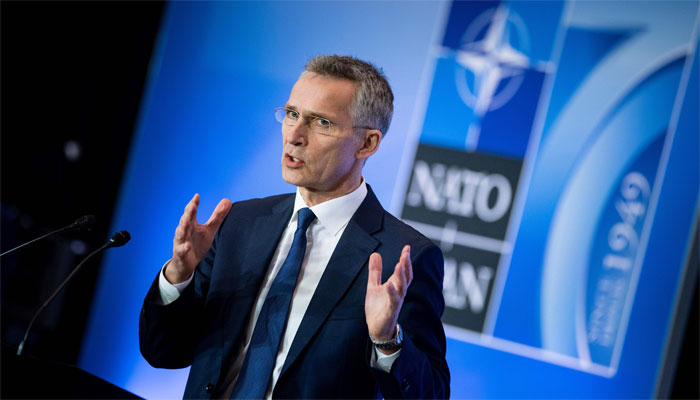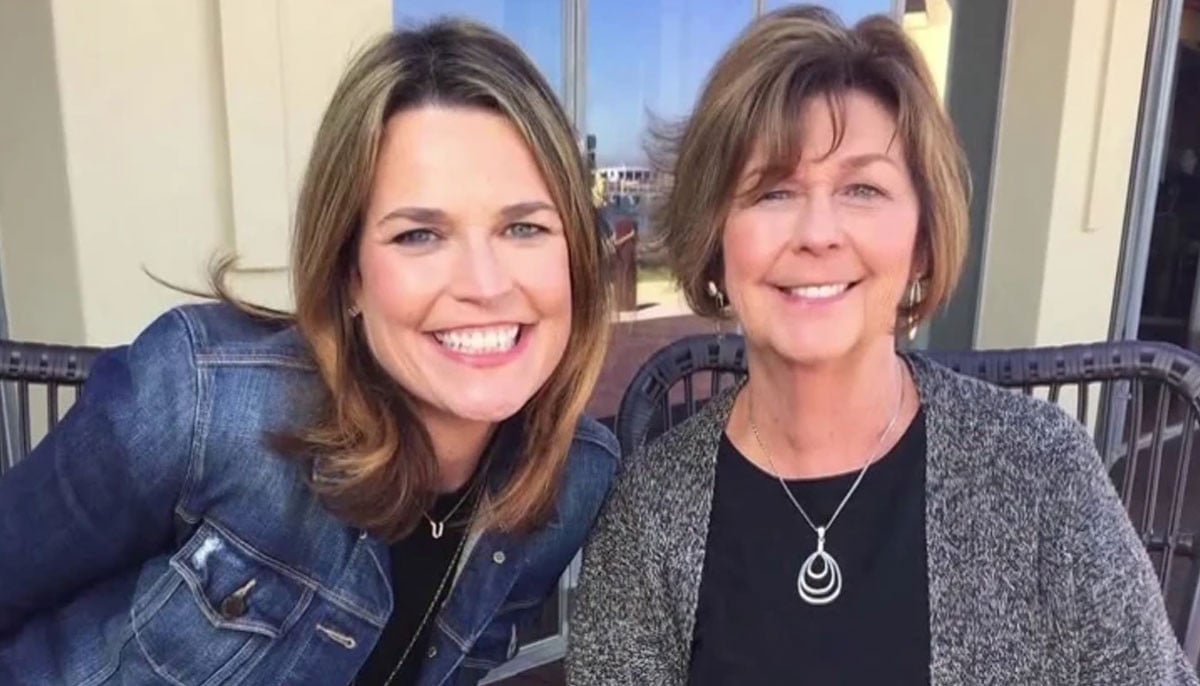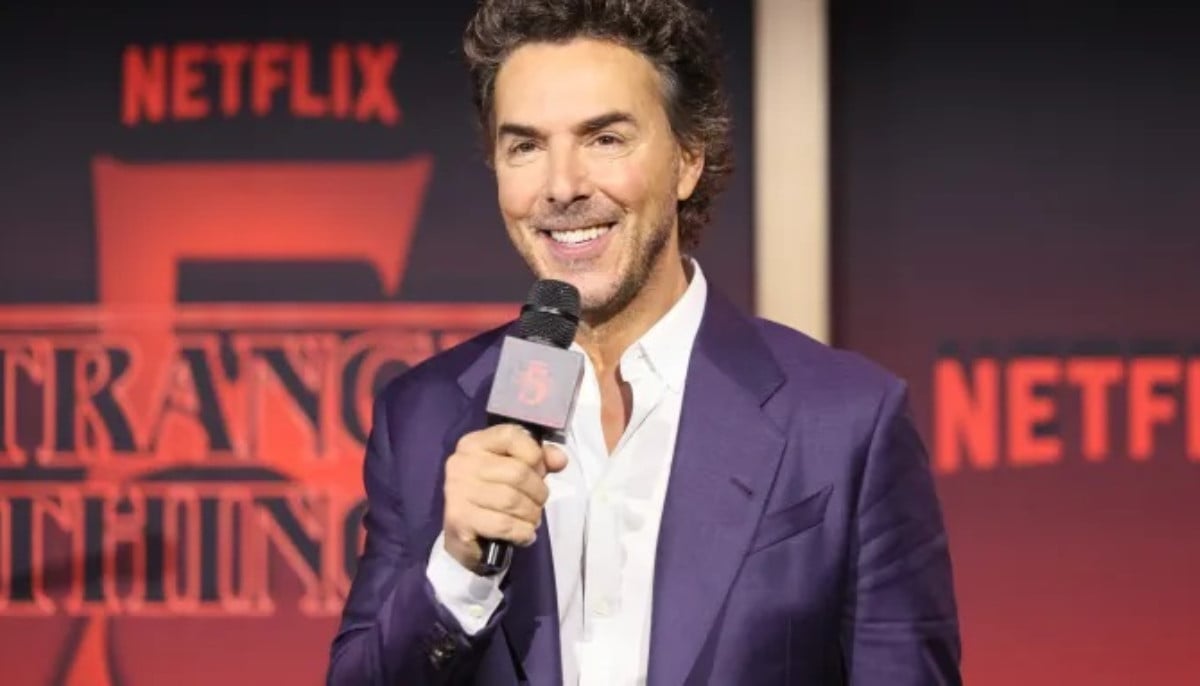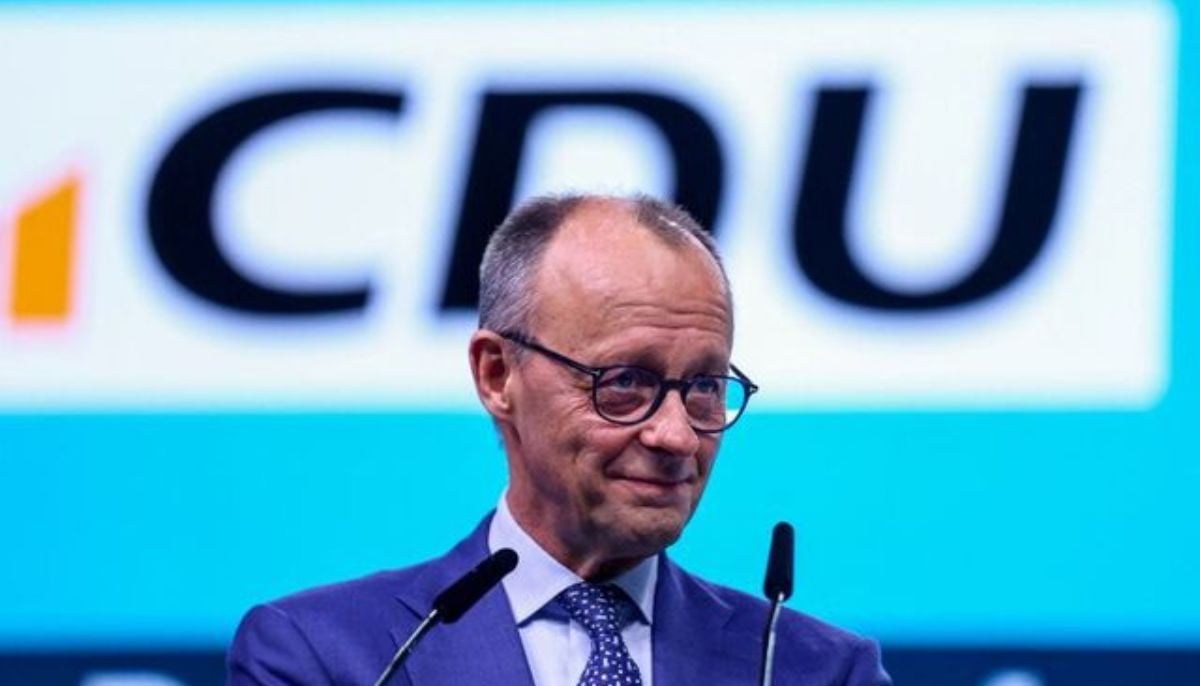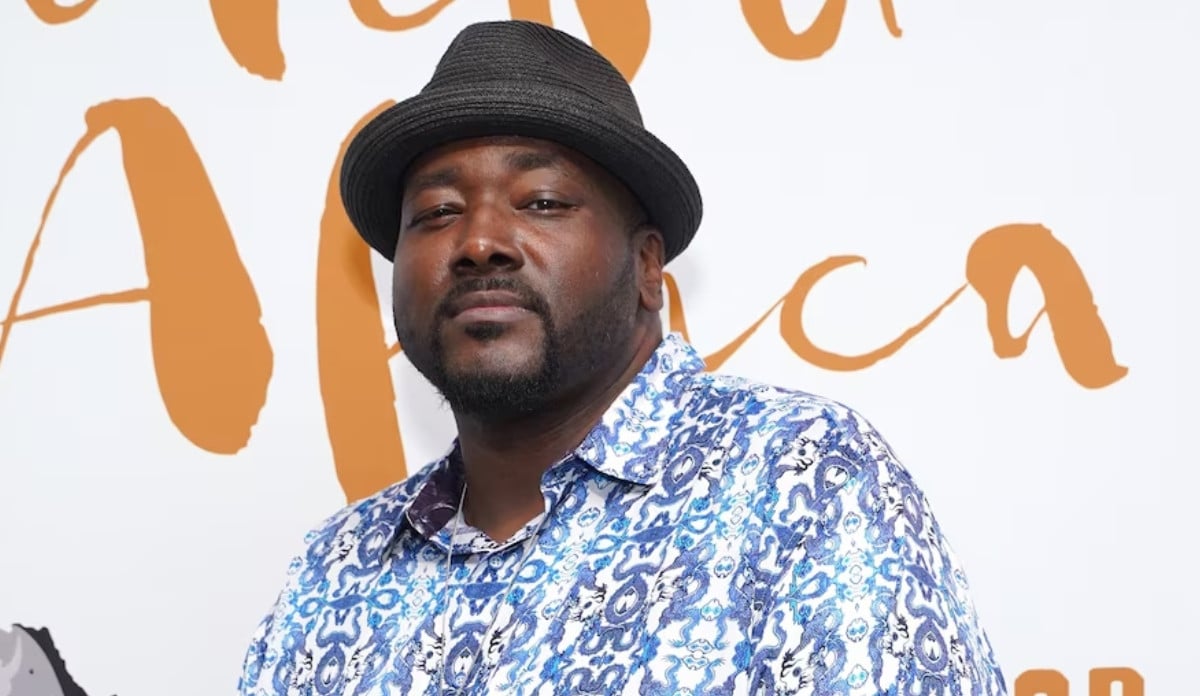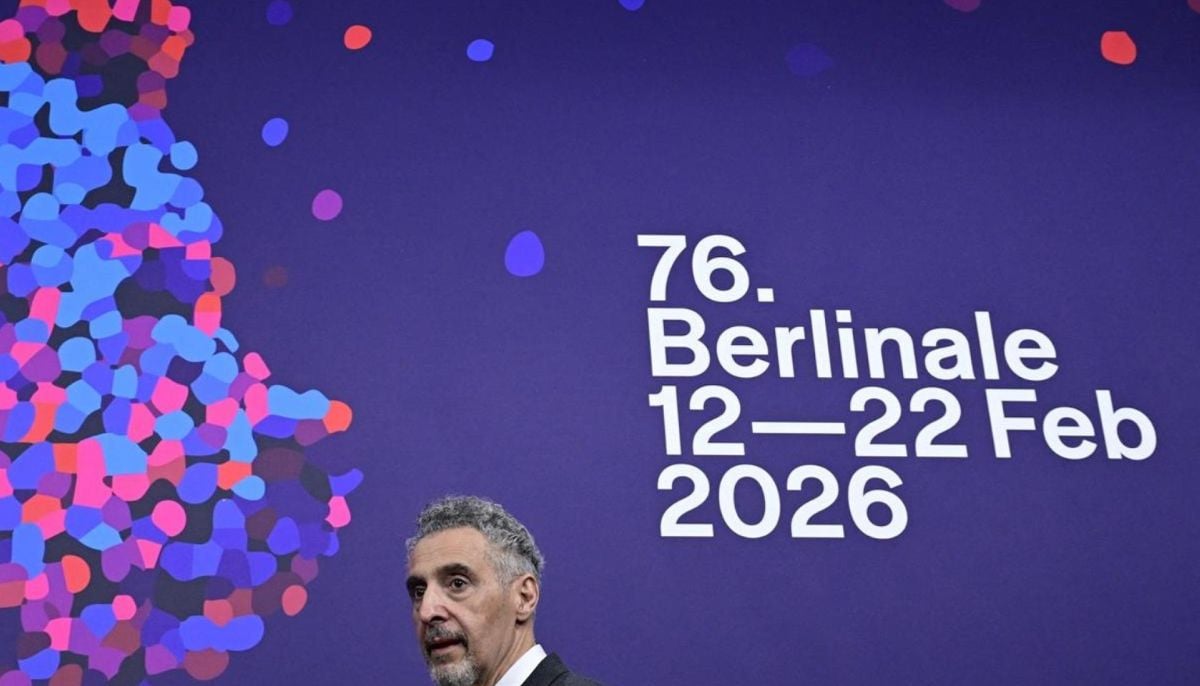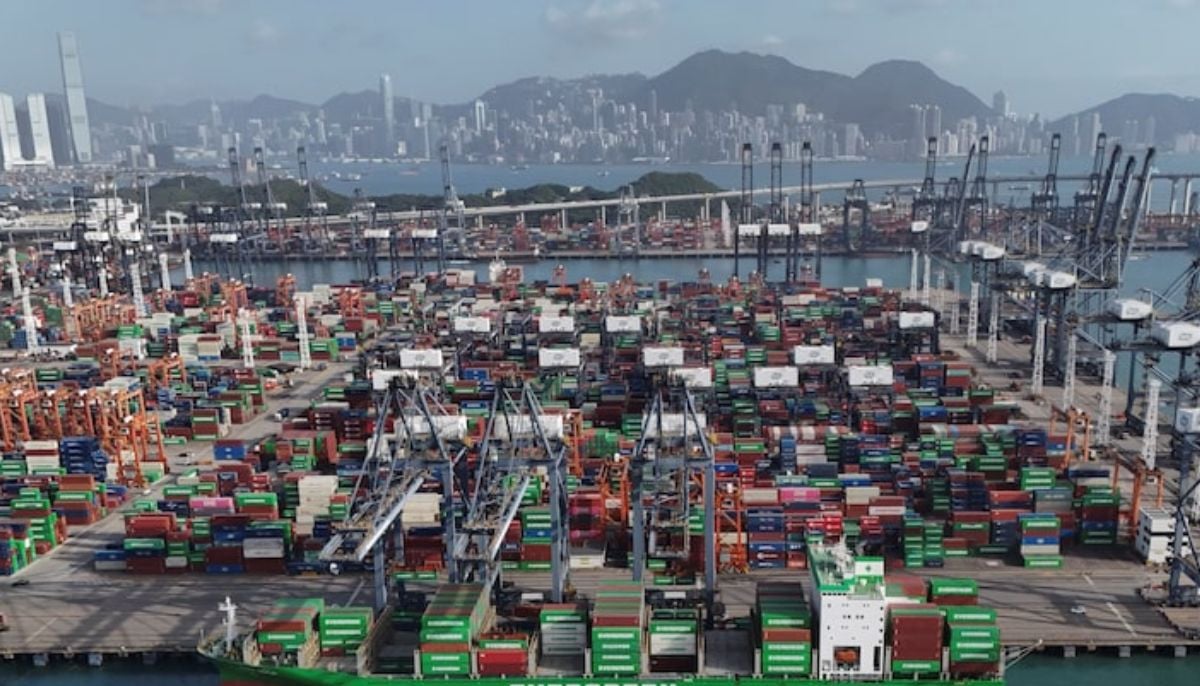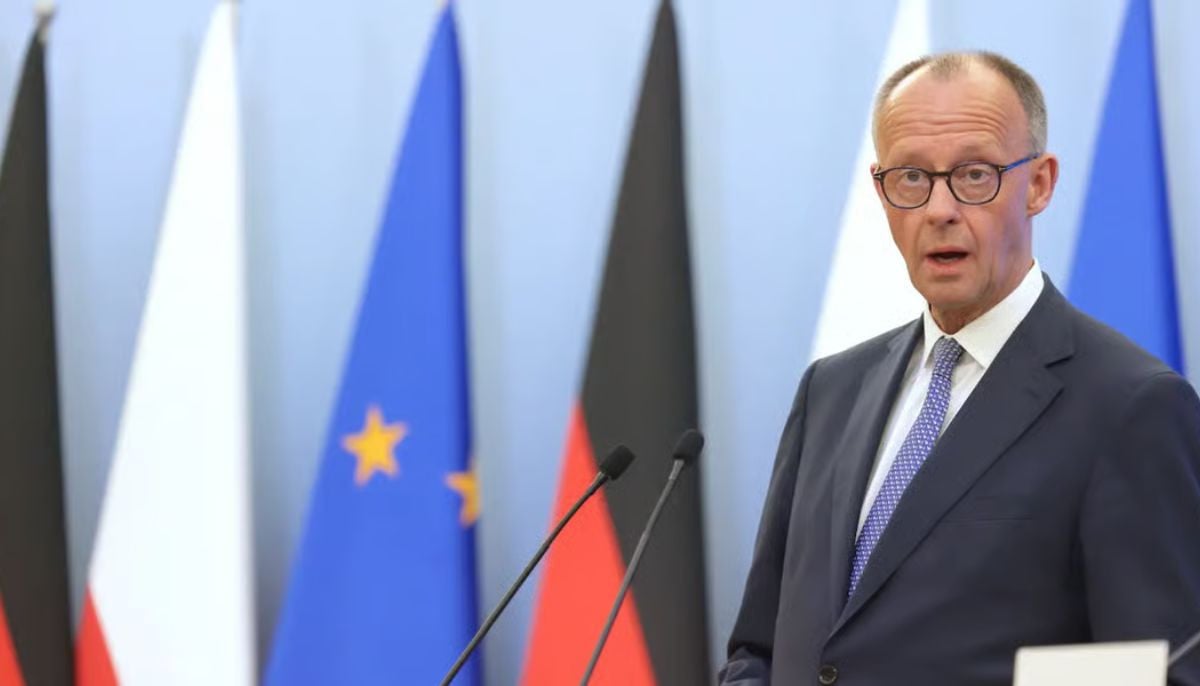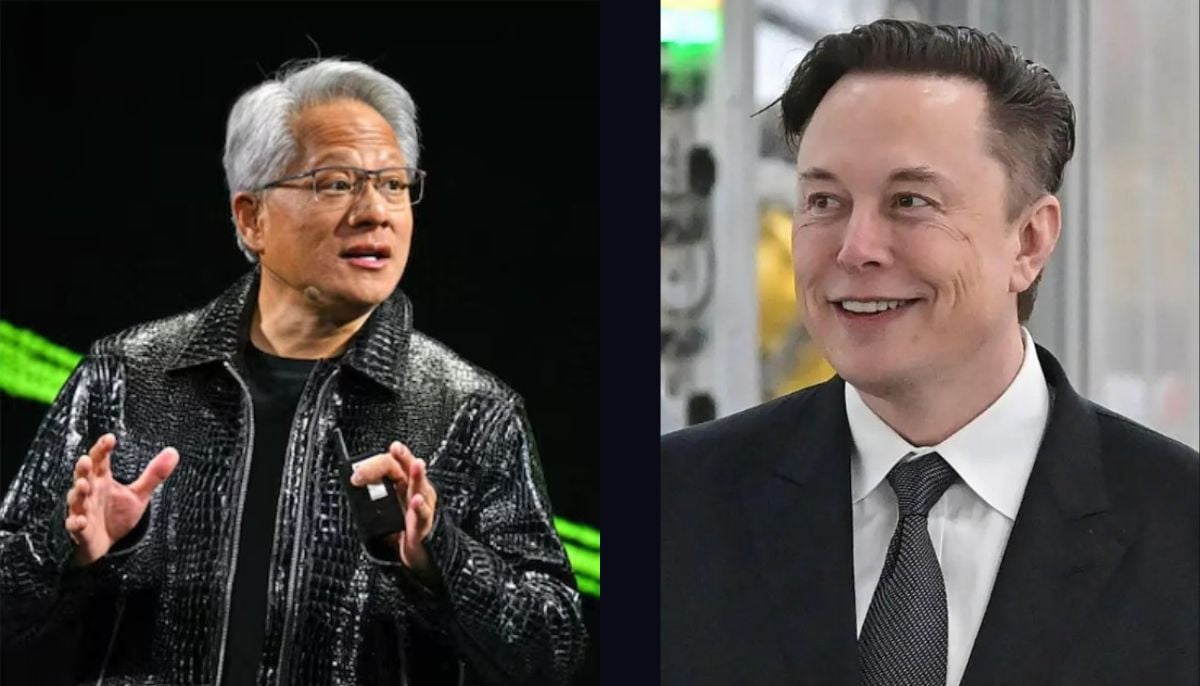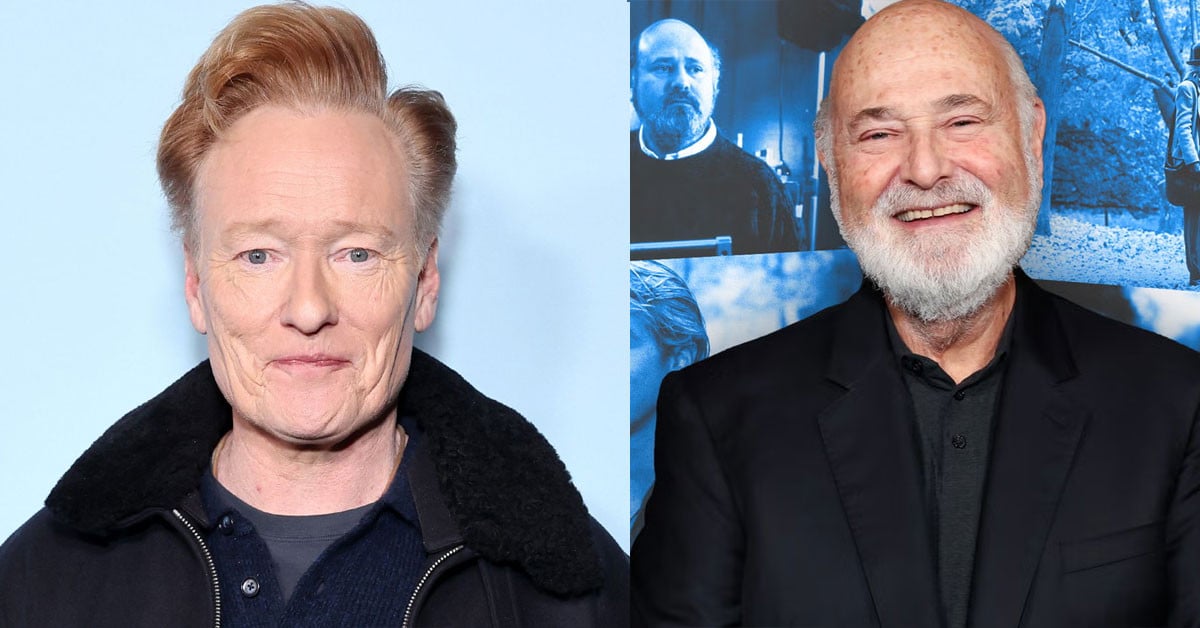NATO seeks new ways to counter Russia ‘aggression’
Russia in 2014 seized the Crimean peninsula and has backed separatists in both Georgia and Ukraine, besides seeking to influence Western elections and being suspected in a poisoning attack in England.
WASHINGTON: The 29 NATO nations looked Thursday for new ways to counter what they described as rising aggression by Russia as the alliance celebrated its 70th birthday.
Despite rifts between the United States with allies Germany and Turkey, foreign ministers from the Western alliance were looking to show a united front on NATO´s core concern -- Russia.
After years of focusing on more faraway challenges such as Afghanistan, NATO allies in recent years have increasingly voiced worry about the trajectory of Russia under President Vladimir Putin.
Russia in 2014 seized the Crimean peninsula and has backed separatists in both Georgia and Ukraine, besides seeking to influence Western elections and being suspected in a poisoning attack in England.
"We will agree on new measures of support for our close partners Georgia and Ukraine," NATO Secretary General Jens Stoltenberg told reporters ahead of Thursday´s session.
He said that NATO would also address "the aggressive actions of Russia" in the Black Sea.
Russia -- which has resented NATO´s eastward expansion -- in November fired on and seized three Ukrainian navy vessels, capturing two dozen sailors, near the Kerch Strait off Crimea.
Kay Bailey Hutchison, the US ambassador to NATO, earlier said that the alliance was preparing a package to "assure that there is safe passage for Ukrainian vessels through the Kerch Strait."
She said that NATO allies would send more ships to the area to ensure that "countries in and around the Black Sea are safe from Russian meddling."
- ´The Eastern threat´-
Russia criticized the Black Sea plan and, in a statement for the NATO anniversary, voiced regret that the alliance "has no intention to renounce its political and military confrontation with Russia."
"It is time to stop bringing back the ´Eastern threat.´ In the interest of peace, the world needs a de-escalation of military and political tensions," the foreign ministry said.
US Secretary of State Mike Pompeo, opening a session with the ministers, said NATO needed to confront "Russian aggression" but also "emerging threats" including the rise of China as well as Iran.
-
Germany’s ruling coalition backs social media ban for children under 14
-
Quinton Aaron reveals why he does not want to speak to wife Margarita ever again
-
Why Mikaela Shiffrin celebrated Olympic Gold with Taylor Swift song?
-
Political tensions steal spotlight at Berlin Film Festival closing ceremony
-
Hong Kong touts stability,unique trade advantages as Trump’s global tariff sparks market volatility
-
Friedrich Merz heads to China for high stakes talks in an effort to reset strained trade relations
-
Nvidia CEO praises Elon Musk, calls him an ‘extraordinary engineer'
-
Conan O'Brien speaks first time after Rob Reiner's killing
